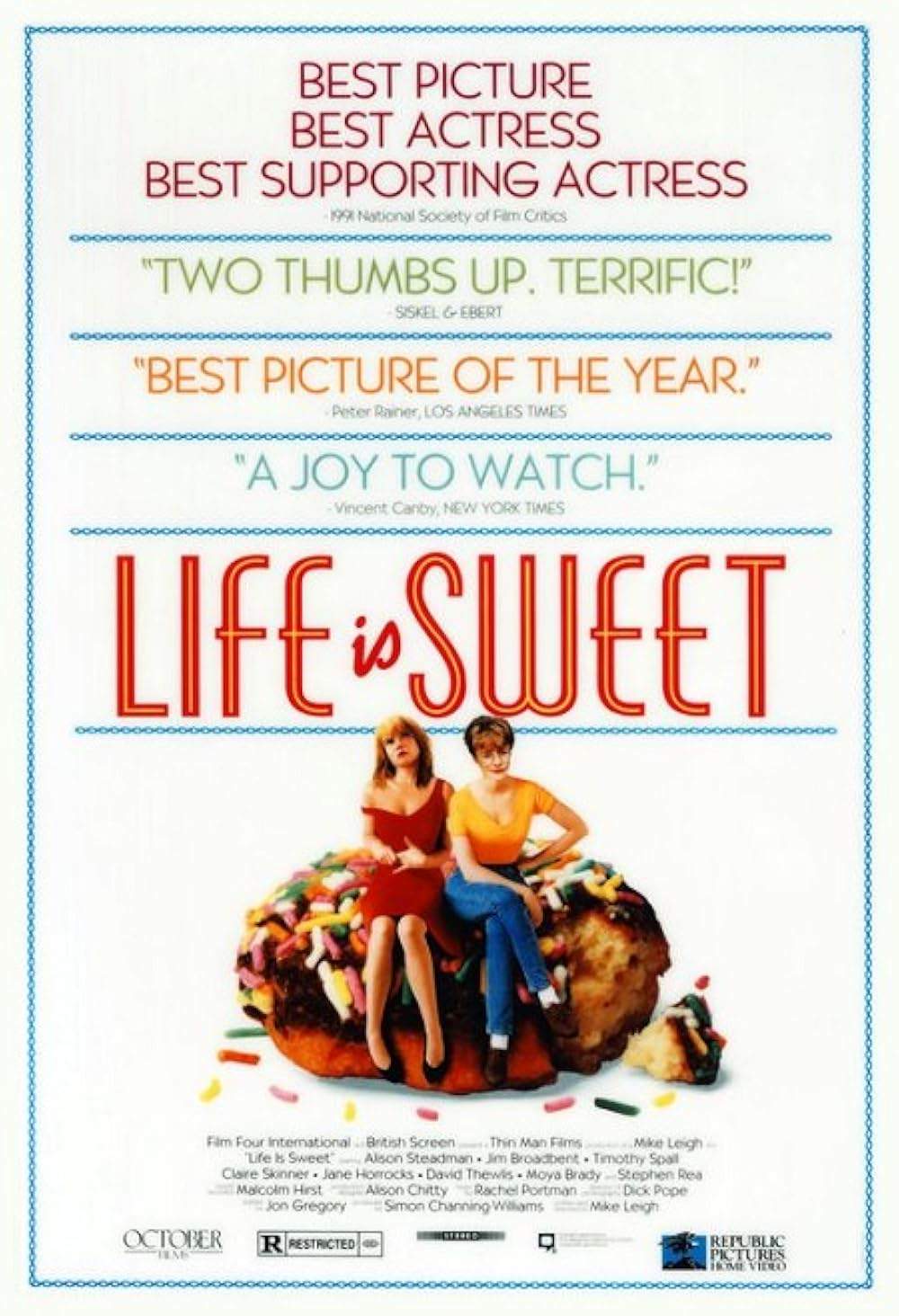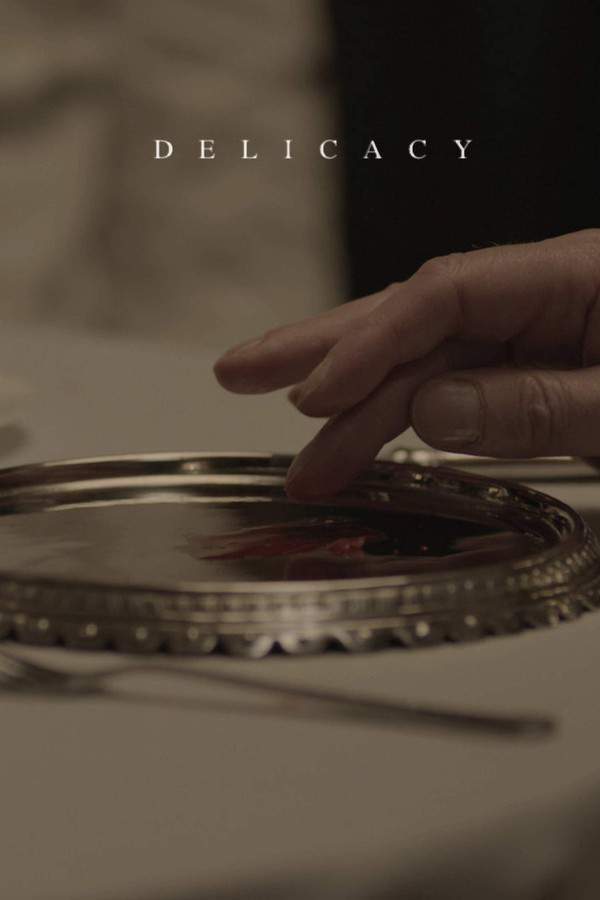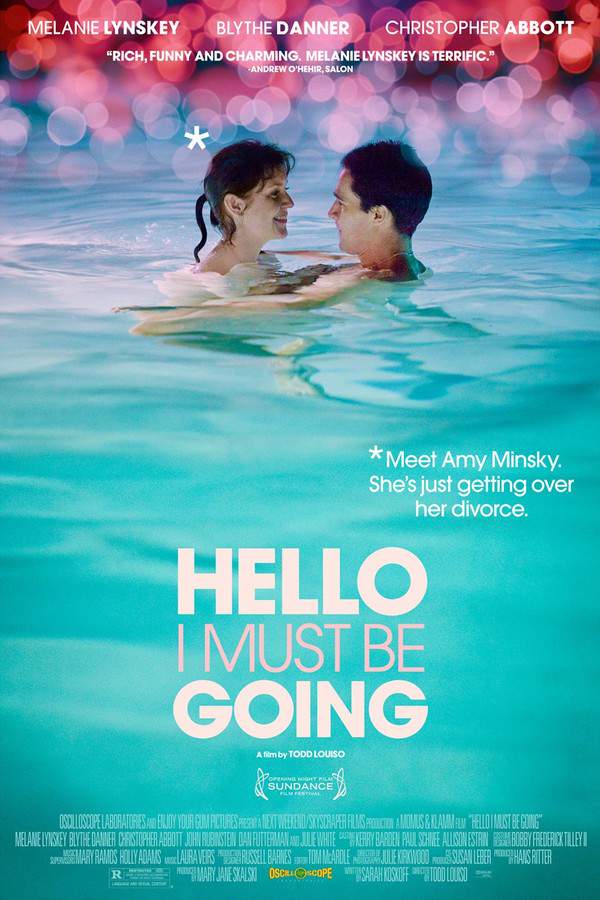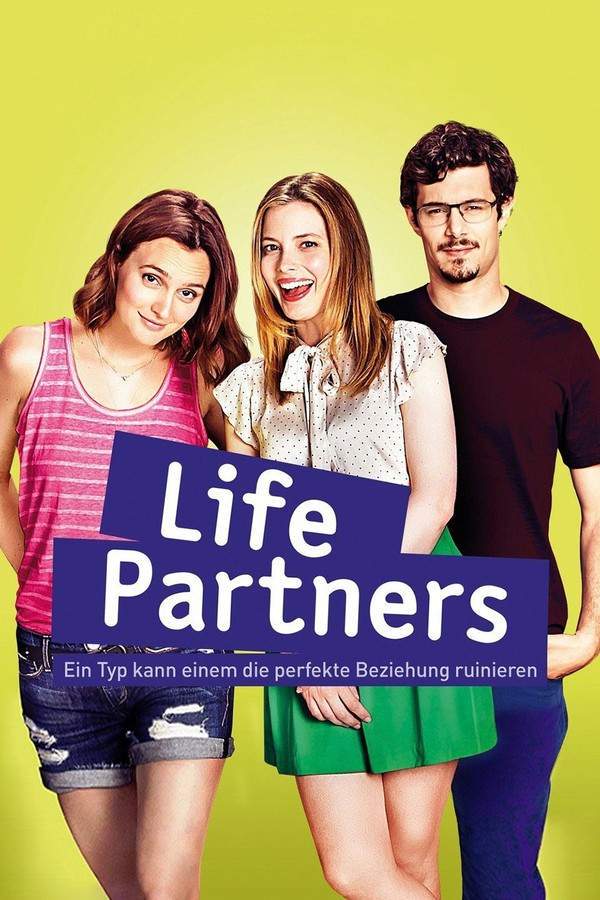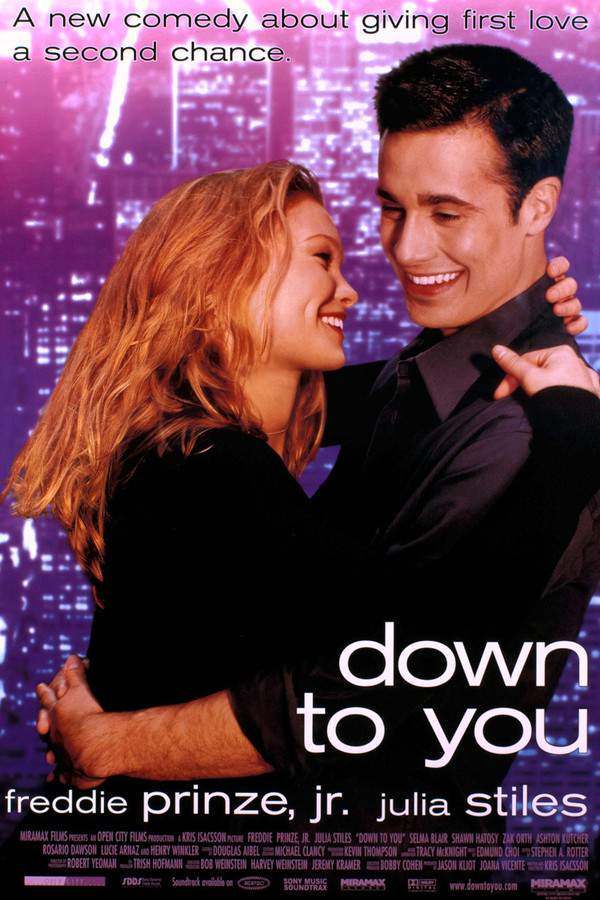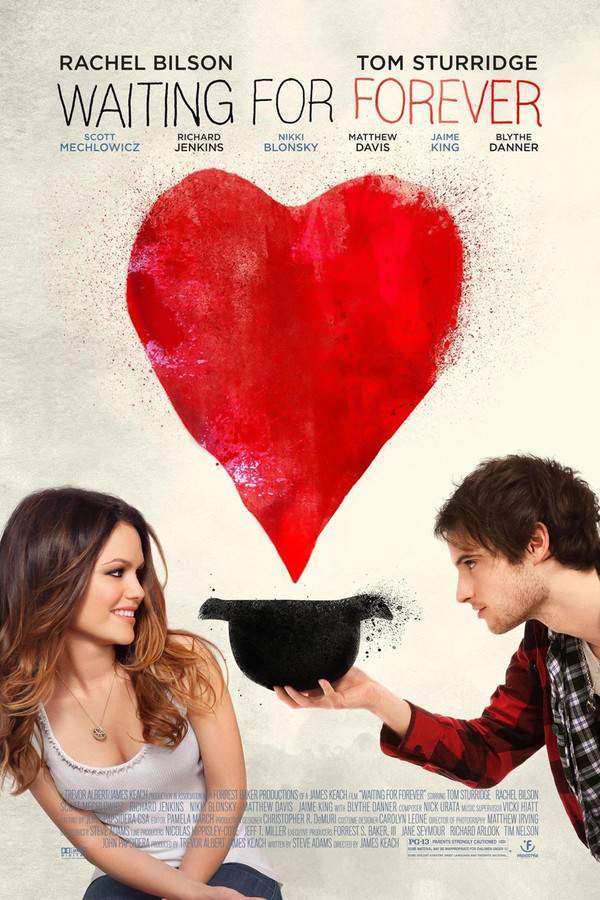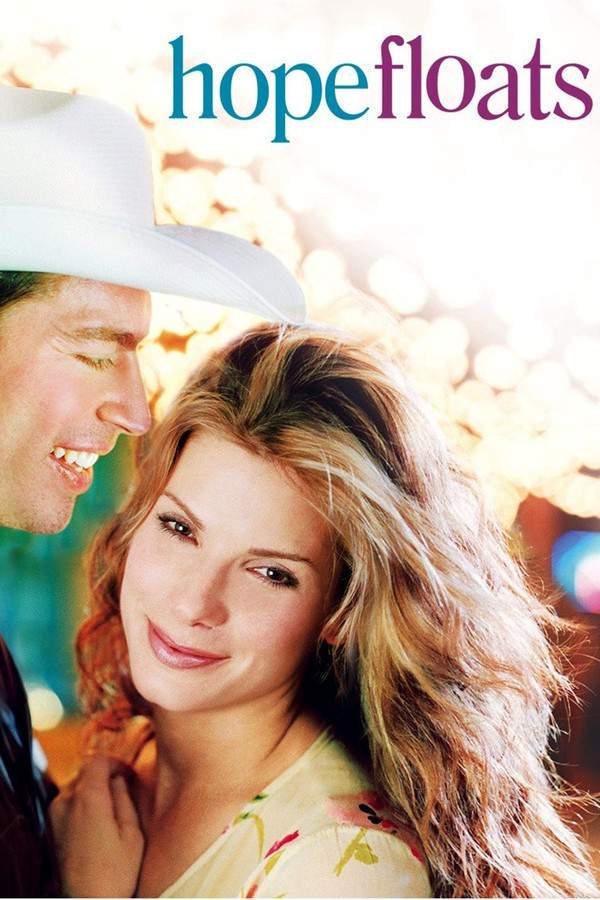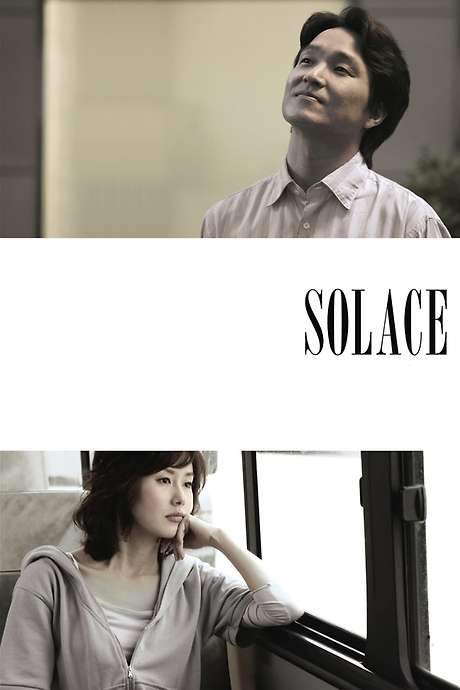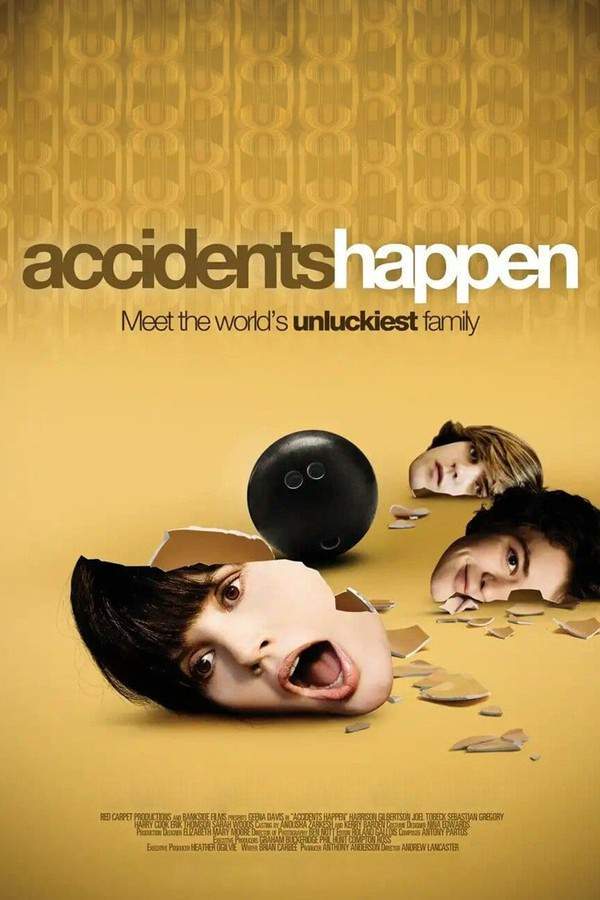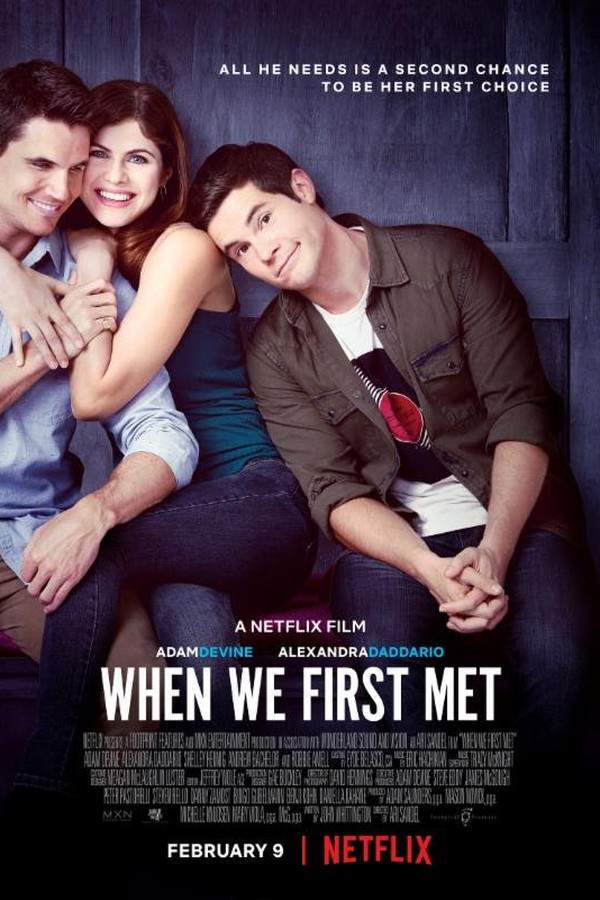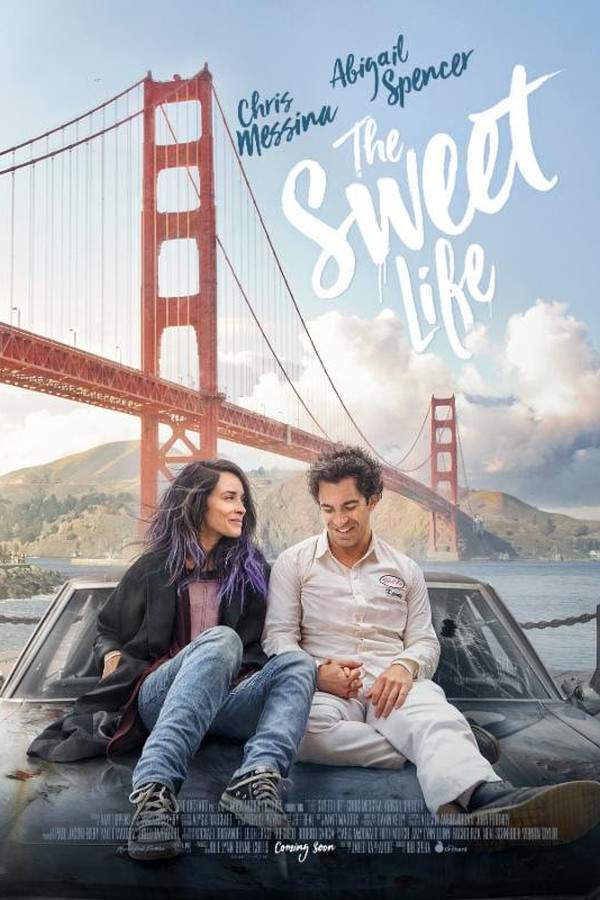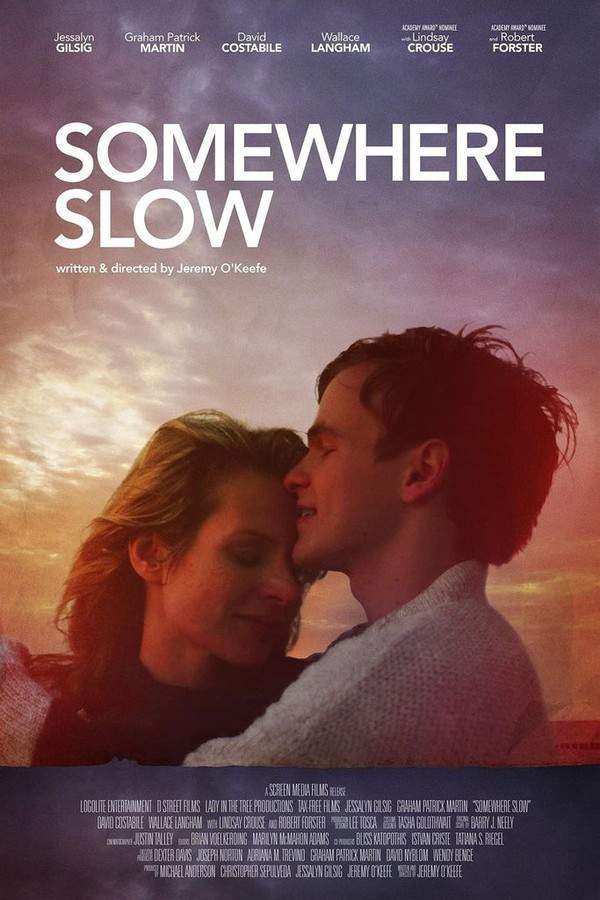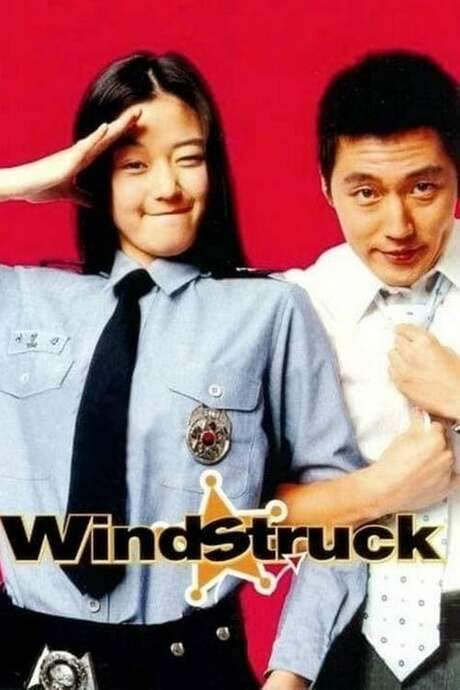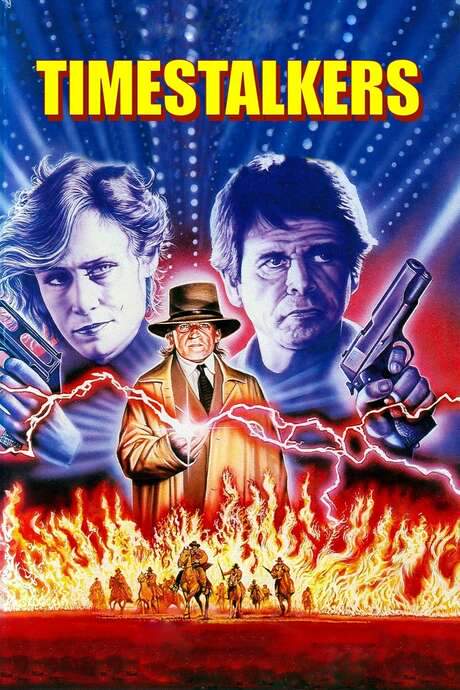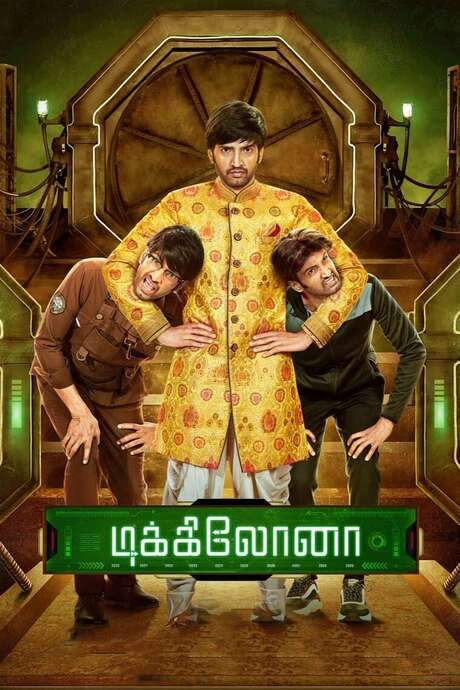
Still Time
After accidentally kissing Alice and becoming engaged, Dante wakes up a year later after a surprise 40th birthday party, with no memory of the intervening time. He discovers Alice is pregnant and realizes time is passing by too quickly, causing him to fear forgetting precious moments from his life. He must now piece together what happened and find a way to cherish the time he has left.
Warning: spoilers below!
Haven’t seen Still Time yet? This summary contains major spoilers. Bookmark the page, watch the movie, and come back for the full breakdown. If you're ready, scroll on and relive the story!
Still Time (2022) – Full Plot Summary & Ending Explained
Read the complete plot breakdown of Still Time (2022), including all key story events, major twists, and the ending explained in detail. Discover what really happened—and what it all means.
Dante, Edoardo Leo abruptly and passionately kisses the stranger Alice, Barbara Ronchi on New Year’s Eve, mistaking her for his date Federica Valentina Pastore. This reckless moment begins an unlikely pair-bond: Alice moves in with Dante, and she’s a gifted painter while he’s overwhelmed by work. Their life at home is a mix of creative energy and exhausting schedules, and their circle of friends helps stitch together a plan for Dante’s fortieth birthday in October 2010 at their place. He’s chronically late—caught between deadlines at the office and ailing responsibilities toward his dementia-stricken father—while the party unfolds around him. At the gathering, Dante’s lifelong friend Valerio Mario Sgueglia presents tickets to ride a roller coaster they always dreamed of, a symbolic gesture of the moments they never seem to have. Dante hopes to ignore the looming future as he blows out the candles, but the celebration ends abruptly when he makes a wish that his world won’t change.
Dante wakes with a shock: Alice is vomiting in the bathroom, and he misreads the scene as a night of binge drinking. Soon he learns she’s pregnant, in her 21st week, and she invites him to feel the baby kick. The news unsettles him further as he notices the furniture has shifted, and his sense of reality starts to tilt. He decides to push work off, planning to handle this new chapter later, while Alice steels herself and prepares his 41st birthday pancake. The next morning, he suspects it was all a dream when Alice appears thin again, but the sound of a crying baby breaks the illusion. Alice asks him to cradle their daughter, and he hesitates—unsettled by the idea of fatherhood, yet forced to step forward. His doctor confirms he’s healthy, though work stress might be a contributing factor. The baby’s name, Galadriel, comes as a surprise, and Dante wrestles with this unexpected future while Alice asks him to care for their fragile infant.
As days turn into a blur, Dante discovers that every day is a leap into the next year’s birthday. He misses Galadriel’s first words and steps, and his friend Valerio is skeptical of his tale about time jumps. The pressure to quit his job collides with a new ambition: Dante eventually becomes the boss eight months later. The balance between love, parenthood, and ambition fractures their relationship. Therapy sessions are a distant memory as Dante realizes he’s never truly present, his life consumed by a relentless clock. A seven-month detour of reality follows: Dante travels to another year, returning to a home where his priorities teeter on the edge of collapse.
The timeline grows messier when Dante confronts the consequences of his choices. Returning to an empty house, he is drawn into a six-month affair with his secretary, Francesca Francesca Cavallin. The moment Alice arrives, Dante urges Francesca to hide, and the emotional tension erupts into a charged confrontation about love and fidelity. Francesca expresses longing, they exchange a tense kiss, and Alice ultimately realizes Dante isn’t alone. She leaves, and Francesca agrees to end things, but the moral weight lingers as the days blur together.
By the time Dante is 46, the party atmosphere returns, and Francesca guides a backyard celebration where he tells Valerio that his old wish—more time—has yielded the opposite. He goes to Alice’s door, but she closes it, signaling a decisive edge to their relationship. In a moment of desperation, Dante faces Omar, Raz Degan, Alice’s partner, and the drama shifts to the park where Galadriel and the family’s puppy accompany a reflective walk. Omar suggests living in the present, a philosophy Dante initially rejects but gradually begins to consider. The dog’s ball flies, and another year rolls past.
In the park, Dante learns Valerio is battling cancer, a sobering reminder of mortality, and he resolves to call him tomorrow. He combs through mementos, glimpses Alice’s art exhibition, and visits his father, recognizing that neglect has also touched his own family. By the time Dante reaches 49, he admits that he has become as forgetful of his loved ones as his father once was. He fetches water for his father, only to find him gone, and Valerio waits outside in remission, a sign that life can still bend toward hope.
Dante borrows Valerio’s car, demands a generous stretch of vacation days, adds a puppy to the household, and reunites with Alice and Galadriel at home. In the present moment, he longs to simply be together, to do nothing special and to savor the now, an echo of something Galadriel and Omar had both once suggested. They spend a day playing, ordinary and perfect in its simplicity. Dante reads a book illustrated by Alice to put Galadriel to sleep, and the family settles into a quiet, shared nap. When he wakes, it feels like another year has passed, but the kitchen reveals a belated birthday pancake that finally marks tomorrow. With a renewed vow, Dante promises that work will never come before his family again, choosing to live in the moments that truly matter.
Last Updated: October 09, 2025 at 14:17
Explore Movie Threads
Discover curated groups of movies connected by mood, themes, and story style. Browse collections built around emotion, atmosphere, and narrative focus to easily find films that match what you feel like watching right now.
Bittersweet life journeys like in Still Time
Stories where characters navigate life's losses and regrets to find quiet hope.Discover movies like Still Time that blend comedy and drama to tell relatable stories about midlife anxiety, memory, and cherishing the present. If you enjoyed the film's mix of melancholy and hope, you'll find similar emotionally resonant stories here.
Narrative Summary
The narrative often follows a protagonist confronting a personal crisis or a sudden realization that their life is off-course. Through a series of challenges—sometimes literal, sometimes emotional—they must reconcile past mistakes and learn to embrace their current reality, leading to a conclusion that feels earned and hopeful rather than purely triumphant.
Why These Movies?
These films are grouped together because they share a specific emotional tone: a blend of melancholy and hope. They balance the weight of real-world problems with the levity of humor and the warmth of human connection, creating a relatable and deeply satisfying viewing experience.
Movies about time slipping away like Still Time
Stories where characters lose control of time and must piece their lives back together.Find films like Still Time that use a time-slip narrative to explore anxiety and the preciousness of moments. These stories often feature a protagonist who must piece together a lost period of their life, creating a unique mix of mystery and emotional drama.
Narrative Summary
The defining narrative pattern involves a disruptive event—a jump forward in time, amnesia, or a literal fast-forwarding of life—that forces the protagonist to confront how they've been living. The plot structure is often episodic, requiring the character (and viewer) to assemble the puzzle of what happened, leading to a climax where they must choose to change their relationship with time itself.
Why These Movies?
Movies are grouped here based on their shared central conceit: a manipulation of time that serves as a metaphor for anxiety and neglect. This creates a specific viewing experience combining mystery, emotional reckoning, and a poignant commentary on modern life's pace.
Unlock the Full Story of Still Time
Don't stop at just watching — explore Still Time in full detail. From the complete plot summary and scene-by-scene timeline to character breakdowns, thematic analysis, and a deep dive into the ending — every page helps you truly understand what Still Time is all about. Plus, discover what's next after the movie.
Still Time Timeline
Track the full timeline of Still Time with every major event arranged chronologically. Perfect for decoding non-linear storytelling, flashbacks, or parallel narratives with a clear scene-by-scene breakdown.

Characters, Settings & Themes in Still Time
Discover the characters, locations, and core themes that shape Still Time. Get insights into symbolic elements, setting significance, and deeper narrative meaning — ideal for thematic analysis and movie breakdowns.

Still Time Spoiler-Free Summary
Get a quick, spoiler-free overview of Still Time that covers the main plot points and key details without revealing any major twists or spoilers. Perfect for those who want to know what to expect before diving in.

More About Still Time
Visit What's After the Movie to explore more about Still Time: box office results, cast and crew info, production details, post-credit scenes, and external links — all in one place for movie fans and researchers.


